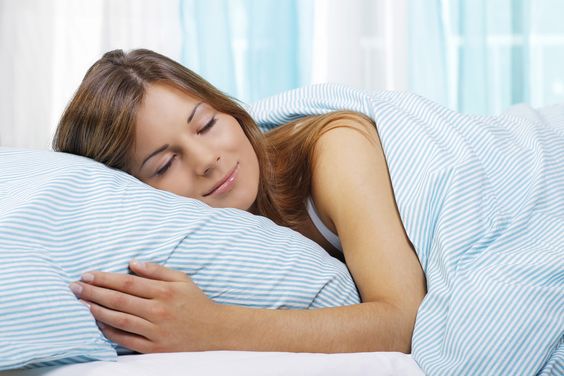Establish a Regular Sleep Schedule
Introduction:
In today's fast-paced world, getting a good night's sleep can often feel like a luxury. However, prioritizing sleep is crucial for both our physical and mental well-being. Sleep hygiene refers to the habits and practices that contribute to a restful night's sleep.
Many factors can impact our sleep quality, from stress and screen time to diet and exercise. By making small changes to our daily routines and creating a sleep-conducive environment, we can significantly improve our sleep hygiene. This blog post will provide practical tips and strategies to help you optimize your sleep, leading to better health and overall well-being.

One of the most important aspects of good sleep hygiene is maintaining a consistent sleep schedule. This means going to bed and waking up around the same time each day, even on weekends. Doing so helps regulate your body's natural sleep-wake cycle, promoting more restful sleep.
Create a Relaxing Bedtime Routine
Winding down before bed can significantly improve your sleep quality. Establish a relaxing bedtime routine that signals to your body that it's time to sleep. This could include taking a warm bath, reading a book, or listening to calming music. Avoid screen time at least an hour before bed, as the blue light emitted from electronic devices can interfere with melatonin production, a hormone that regulates sleep.
Optimize Your Sleep Environment
Your sleep environment plays a crucial role in sleep quality. Ensure your bedroom is dark, quiet, and cool. Consider using blackout curtains, earplugs, or a white noise machine to minimize distractions. The ideal temperature for sleep is between 60-67°F (15-19°C).
Watch Your Diet and Exercise
What you consume and your level of physical activity can impact your sleep. Avoid large meals or sugary snacks before bed, as they can interfere with your sleep. Caffeine and alcohol can also disrupt sleep, so it's best to limit their consumption, especially in the hours leading up to bedtime.
Regular physical activity can promote better sleep; however, try to avoid exercising too close to bedtime, as it can make falling asleep more difficult.

.jpg)